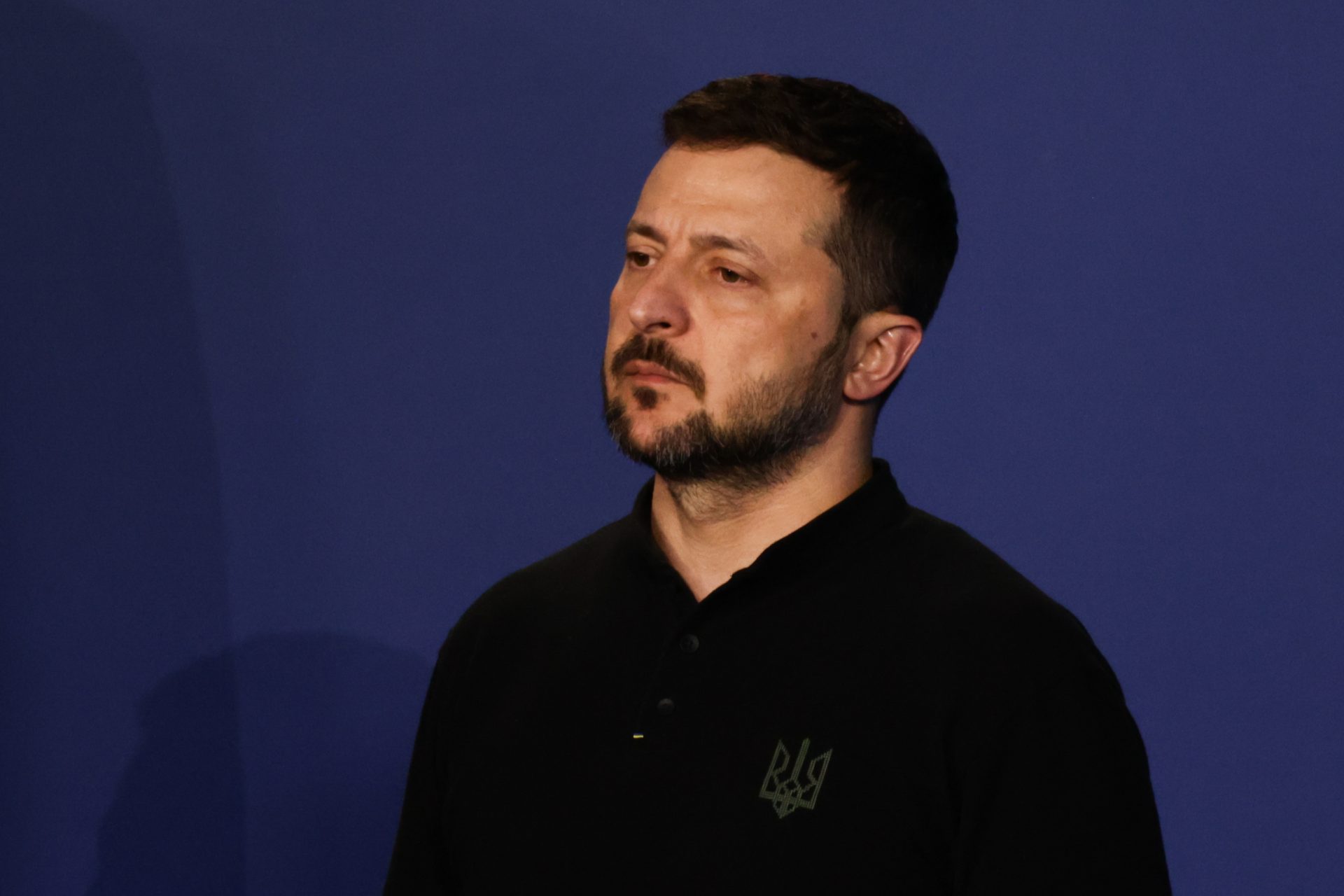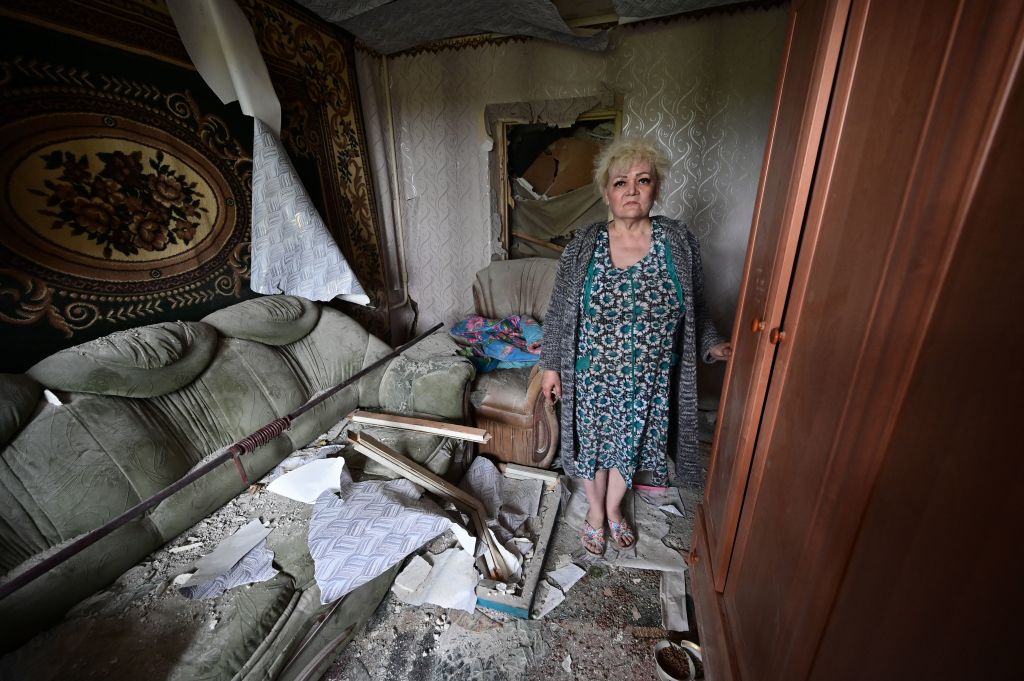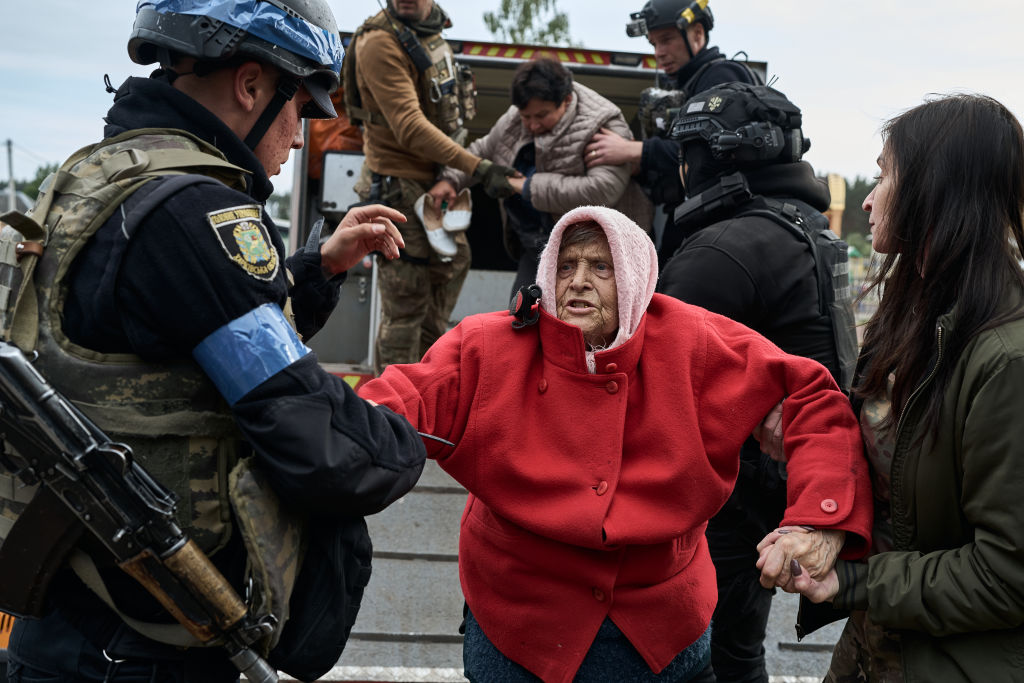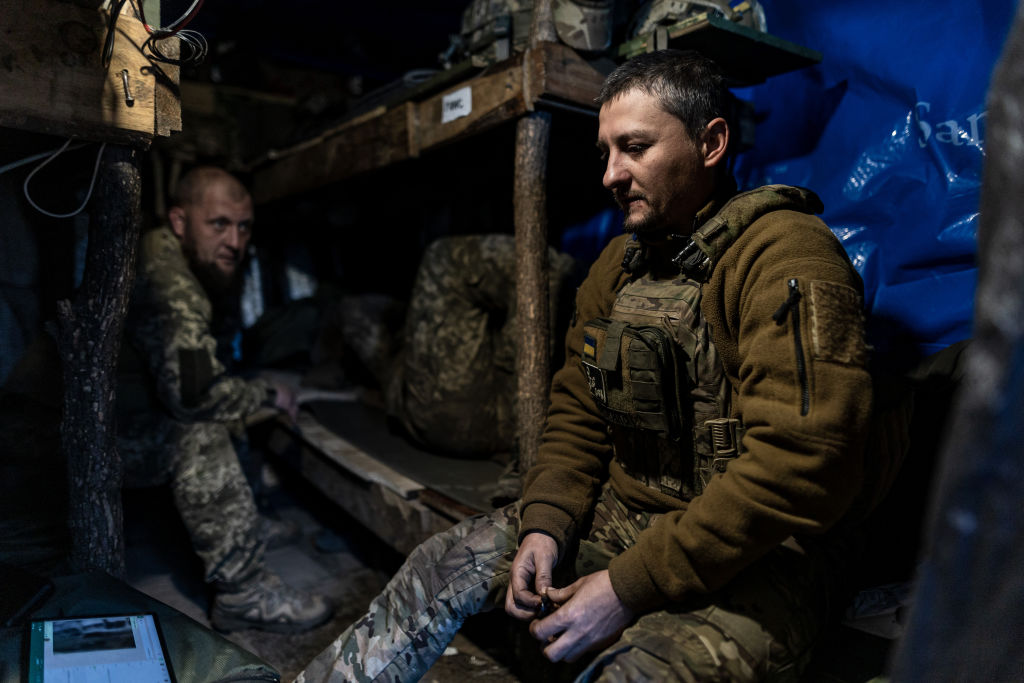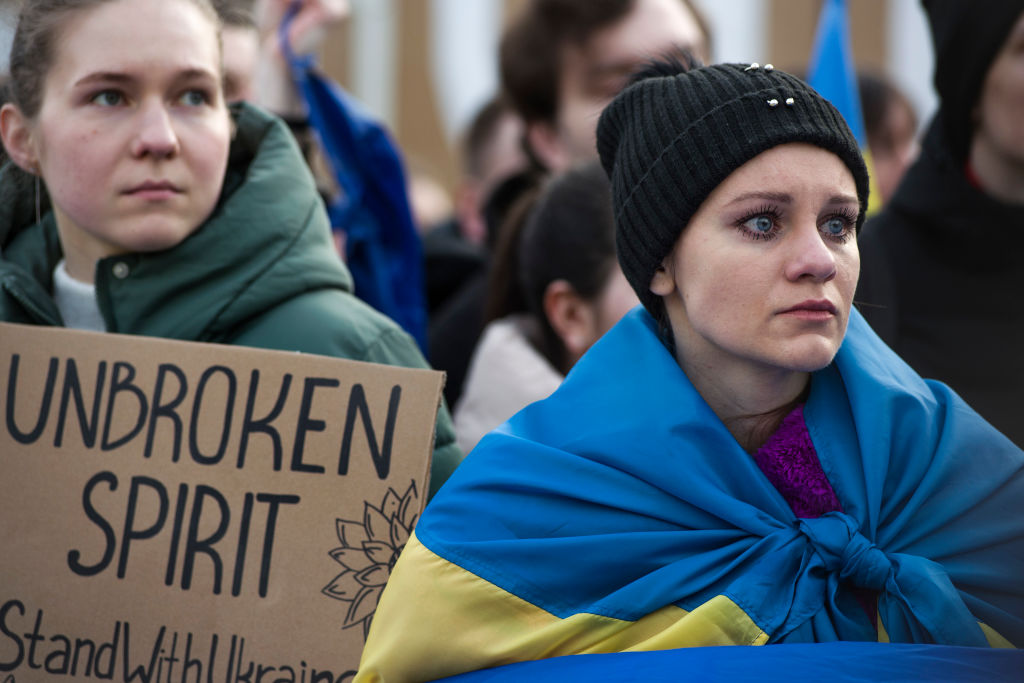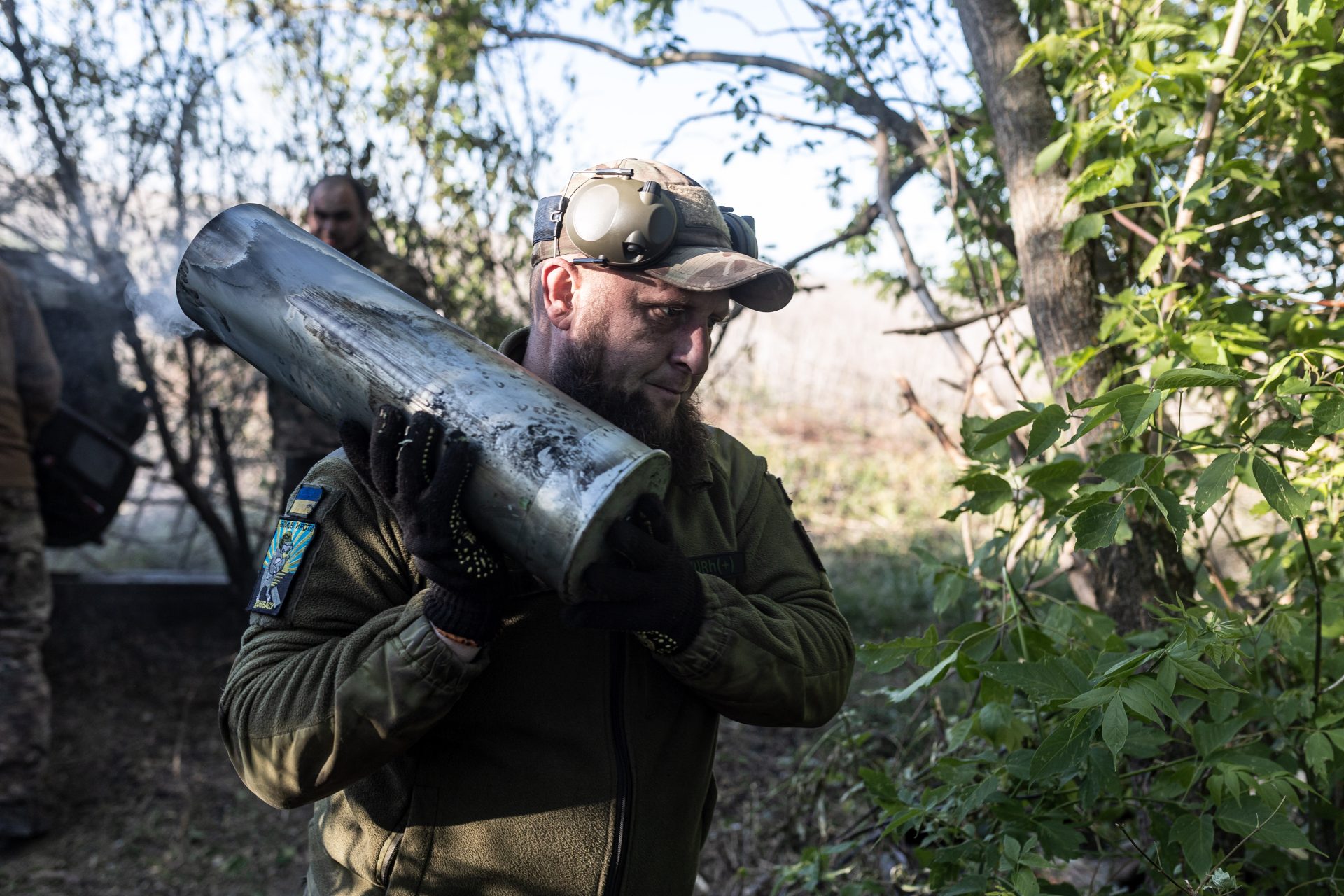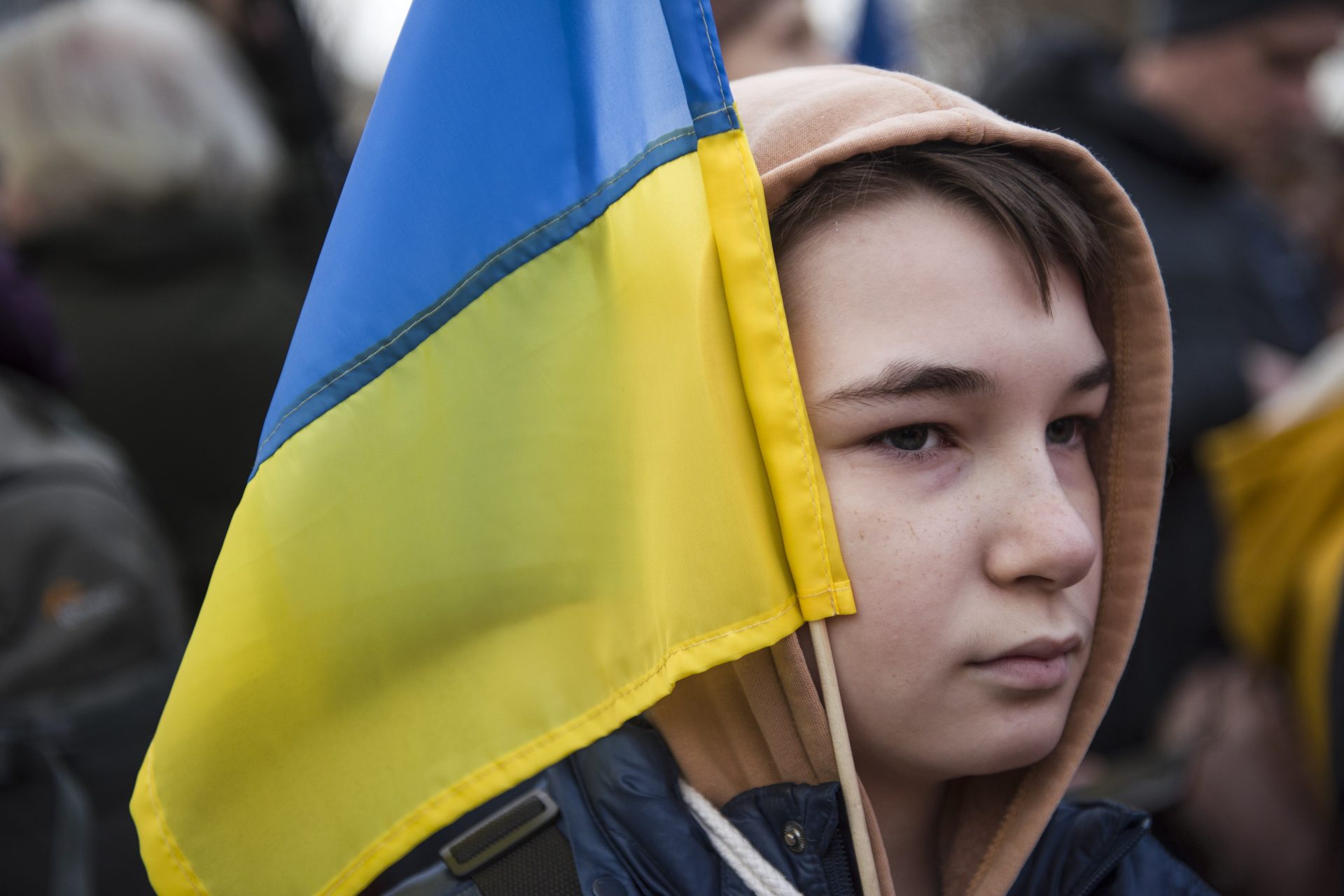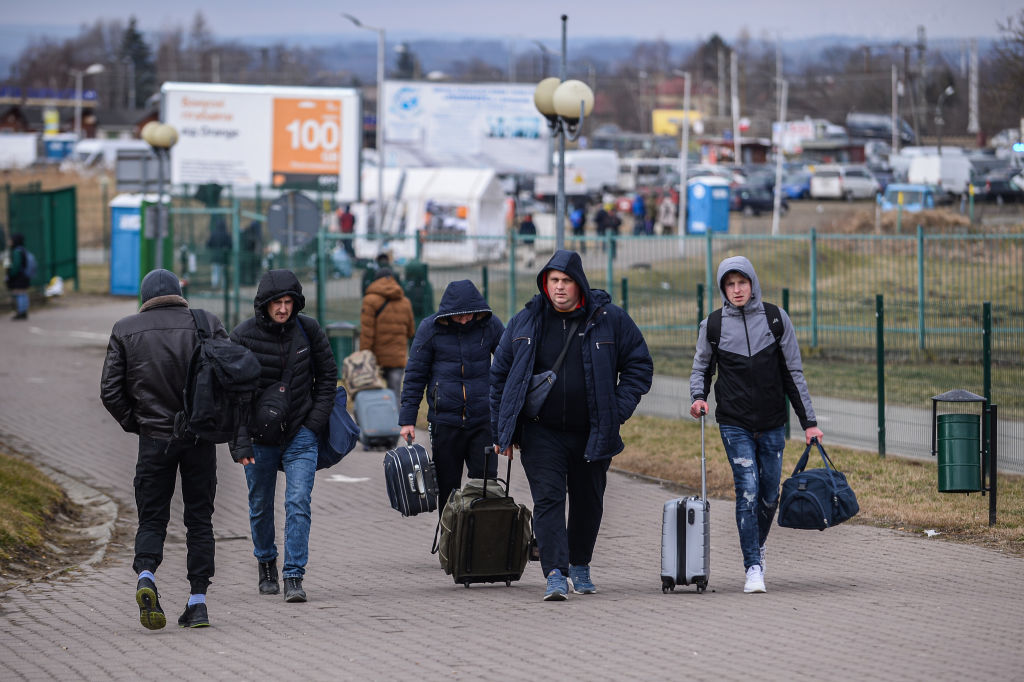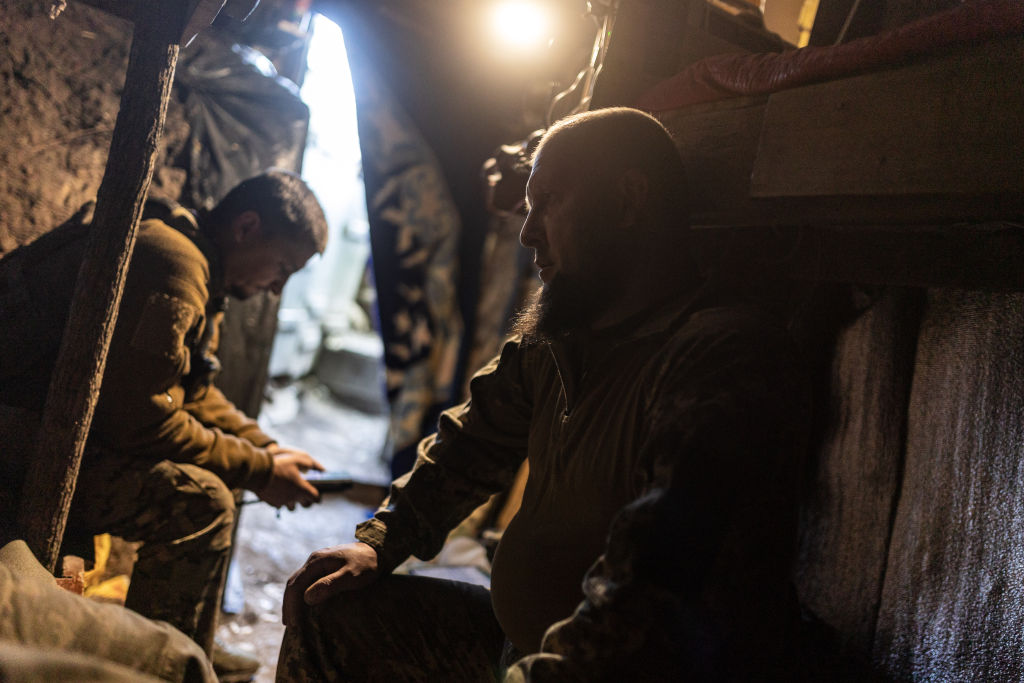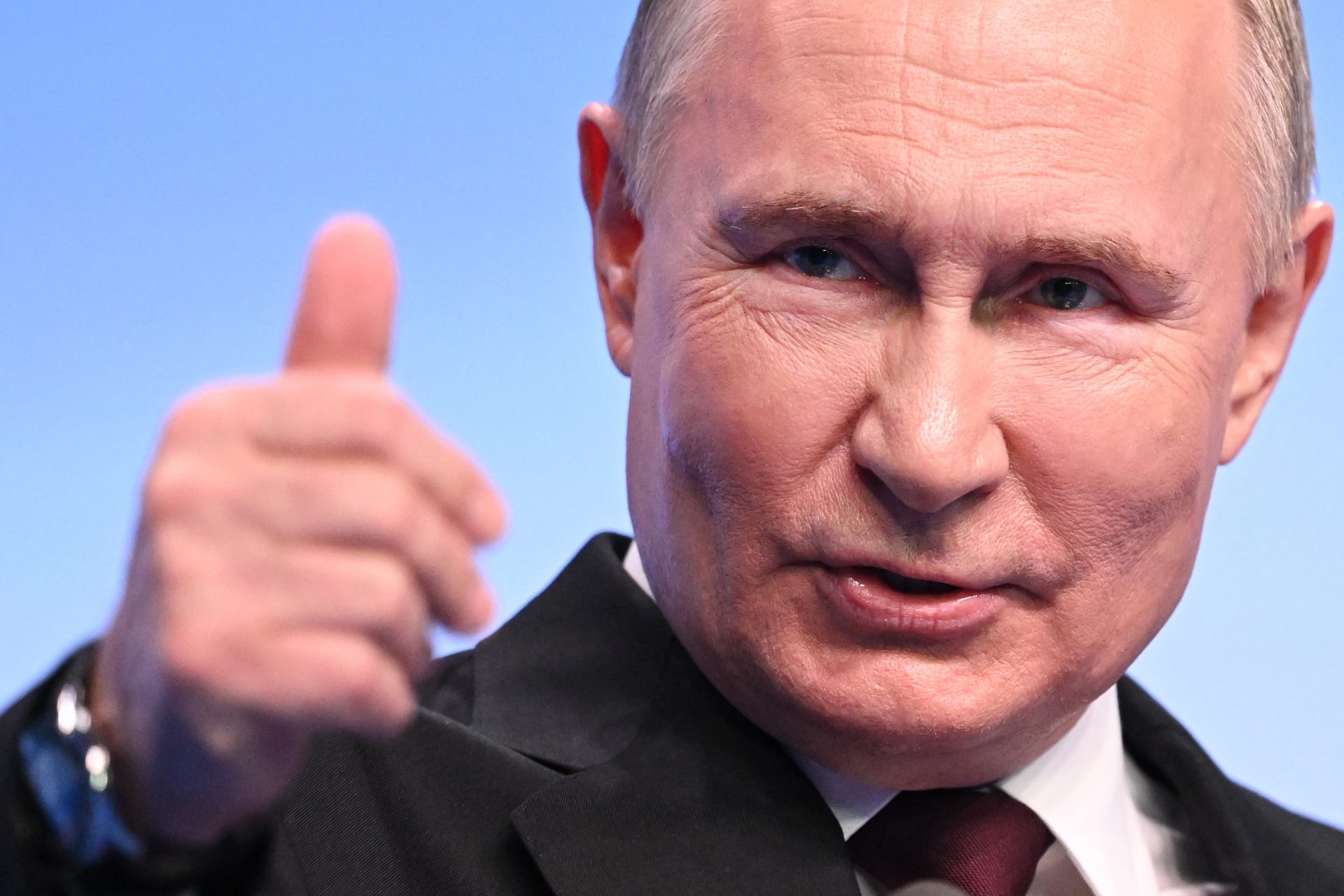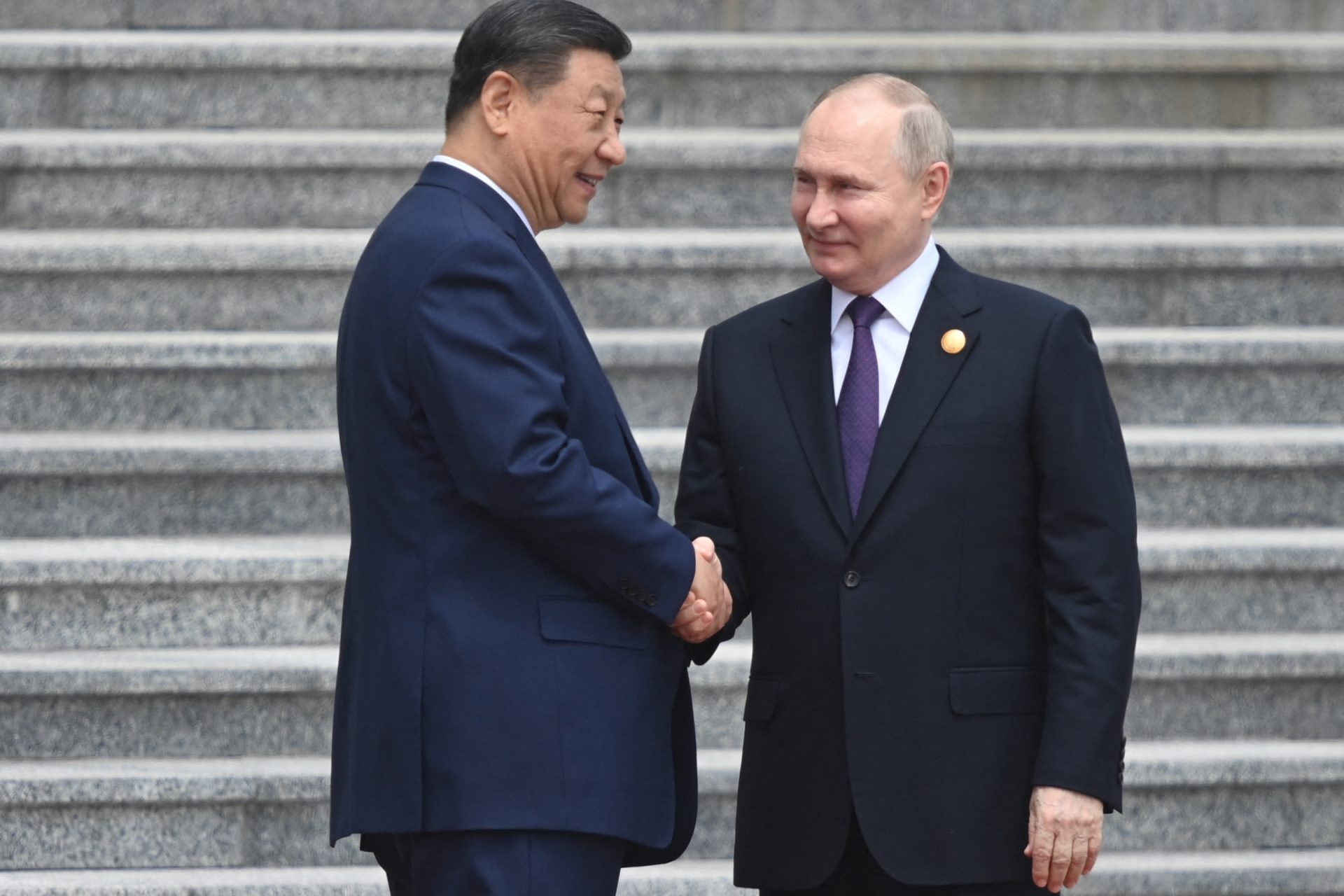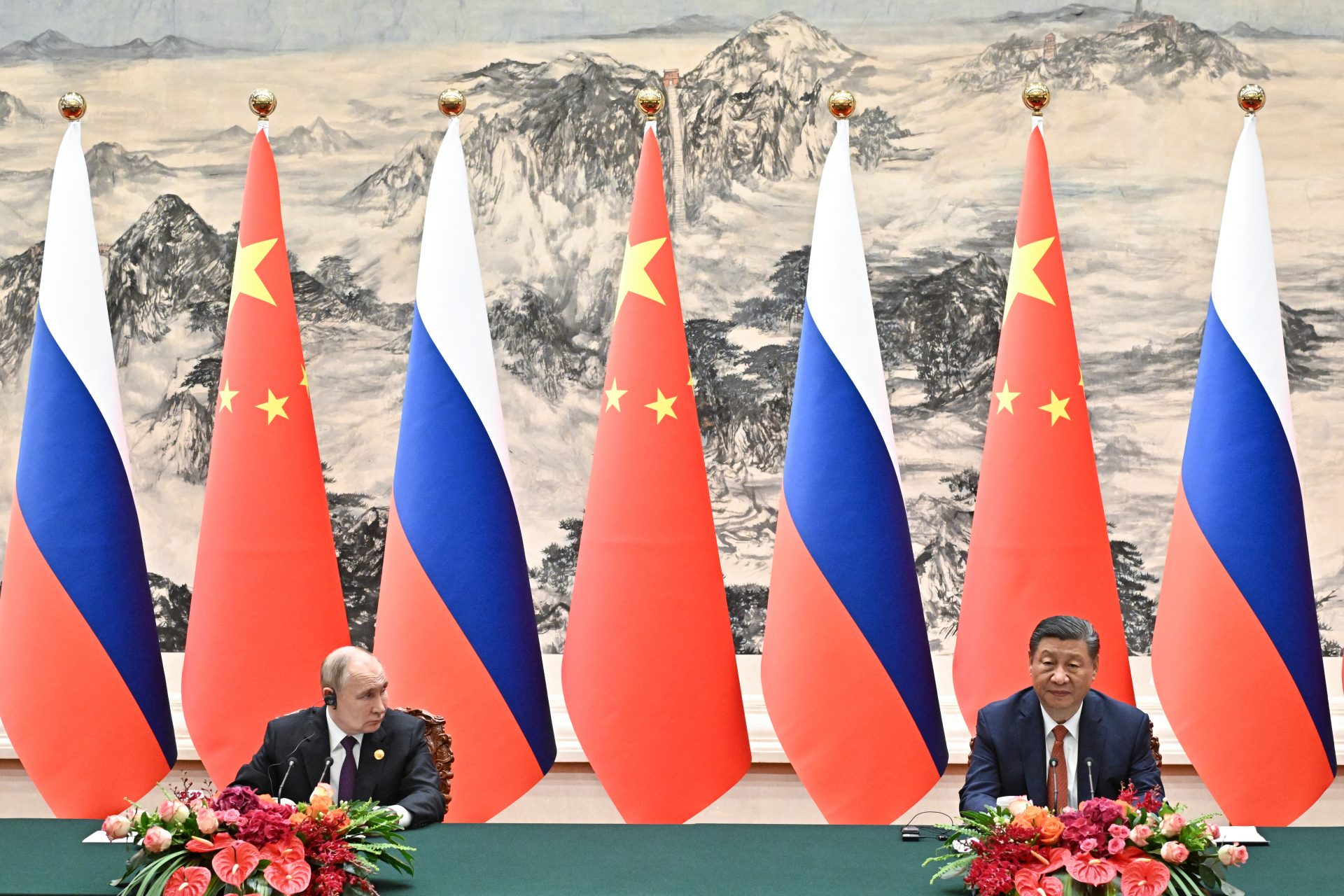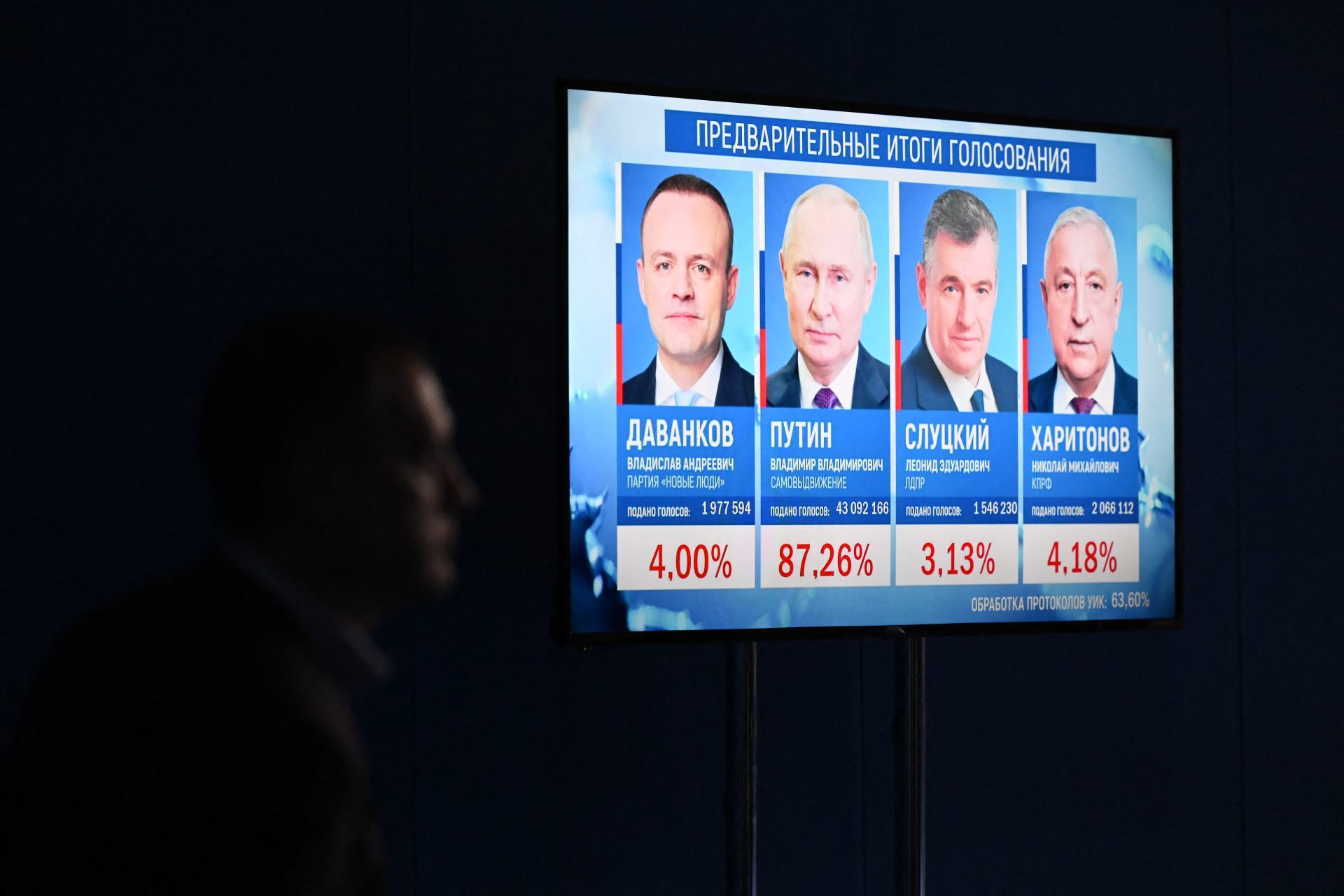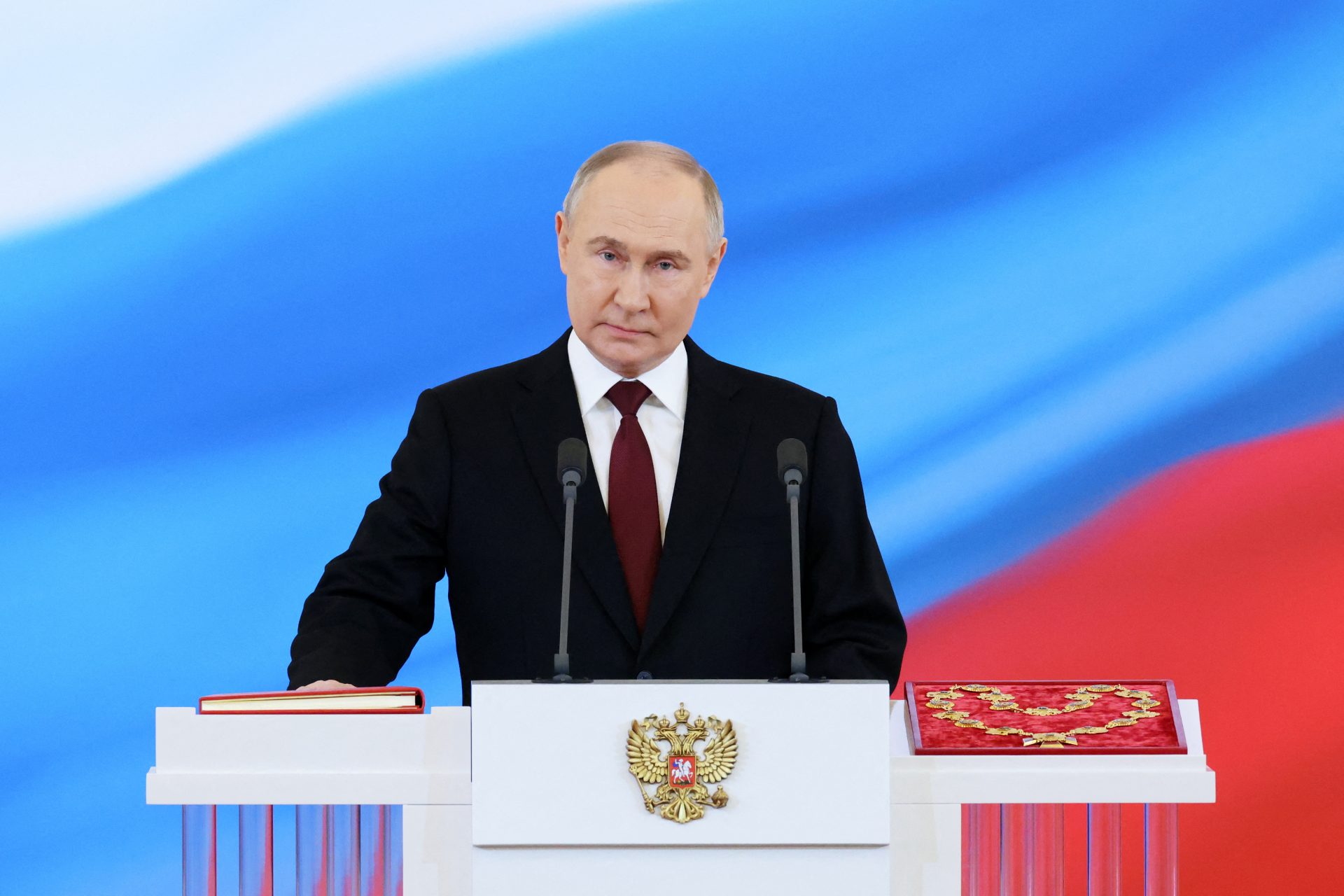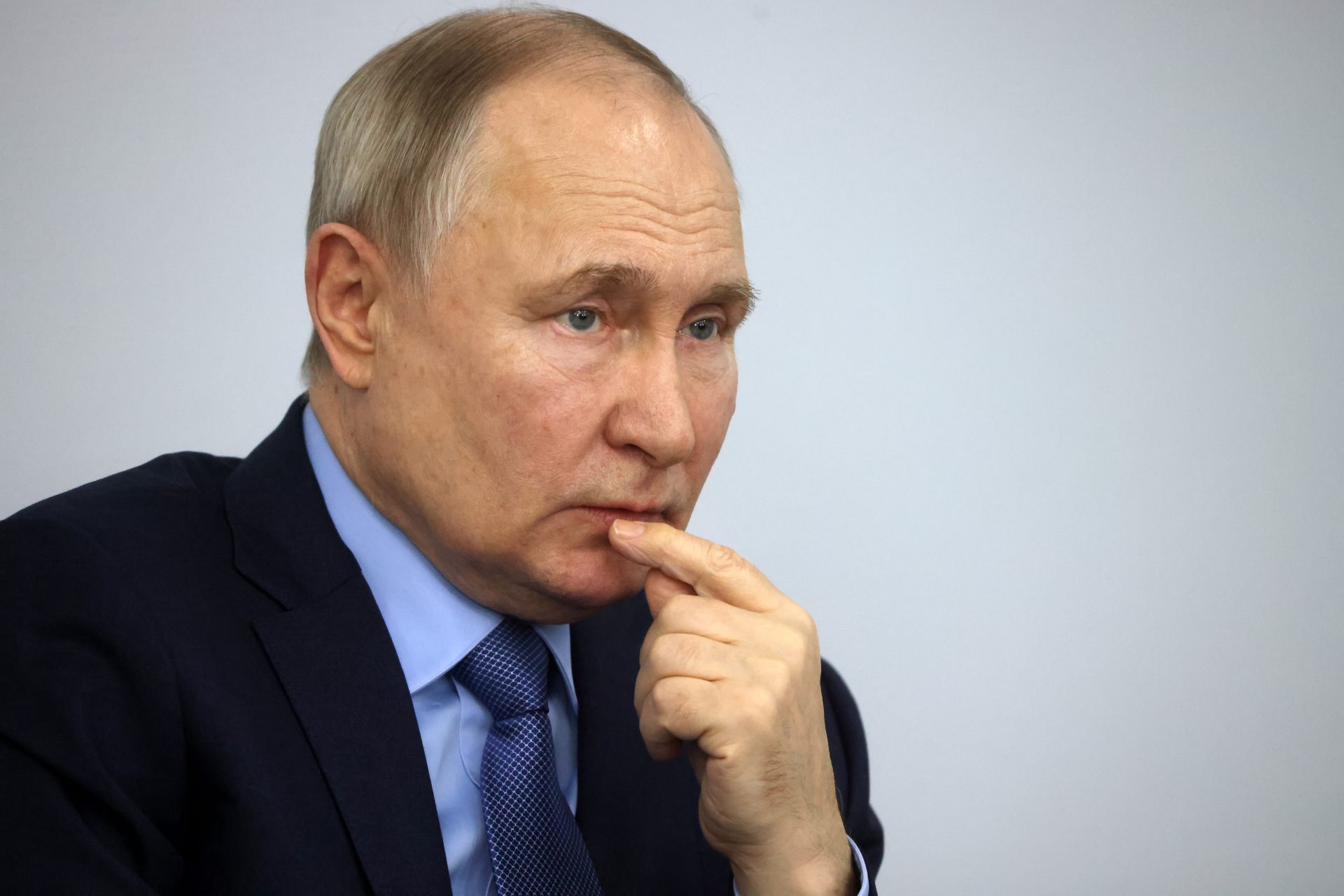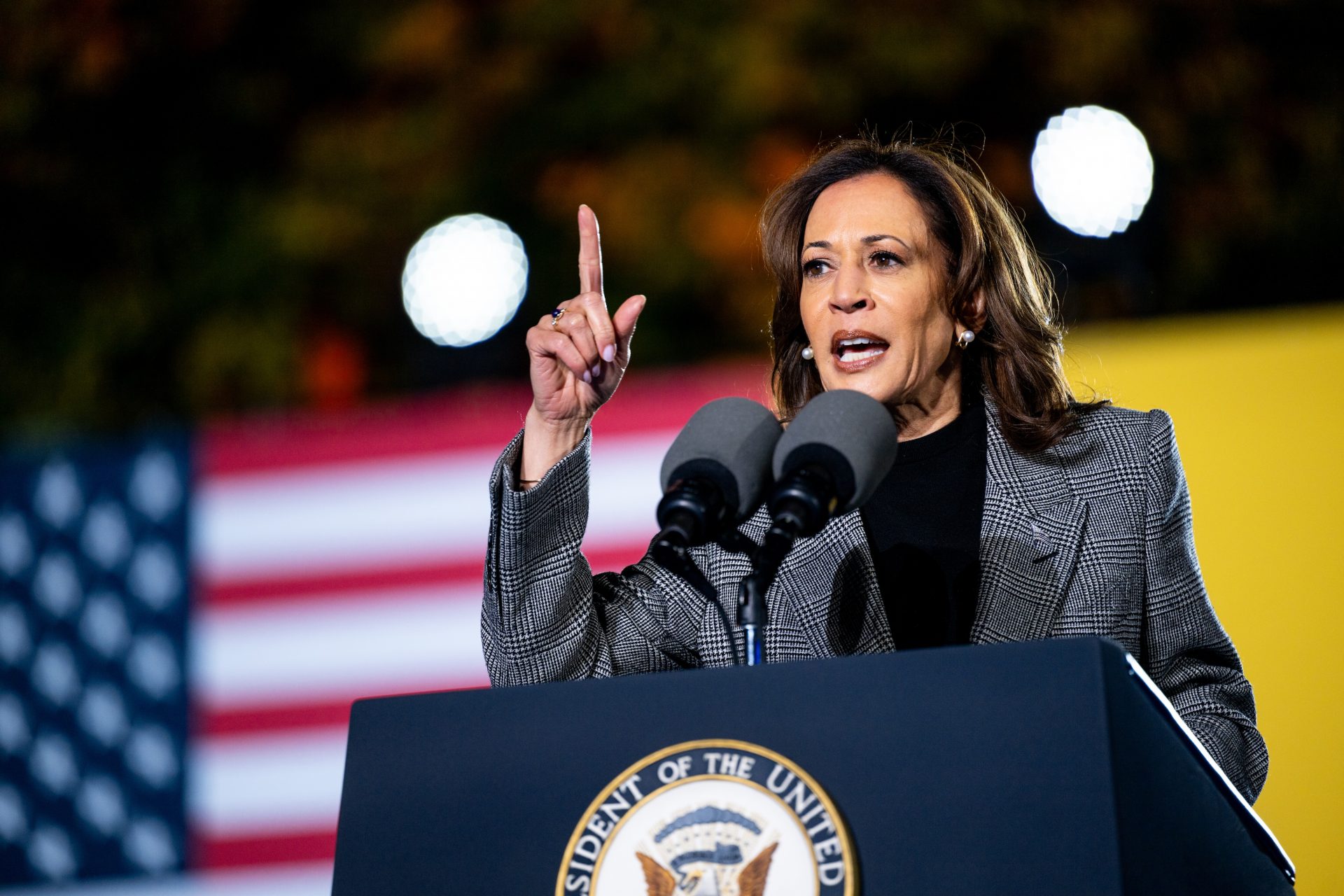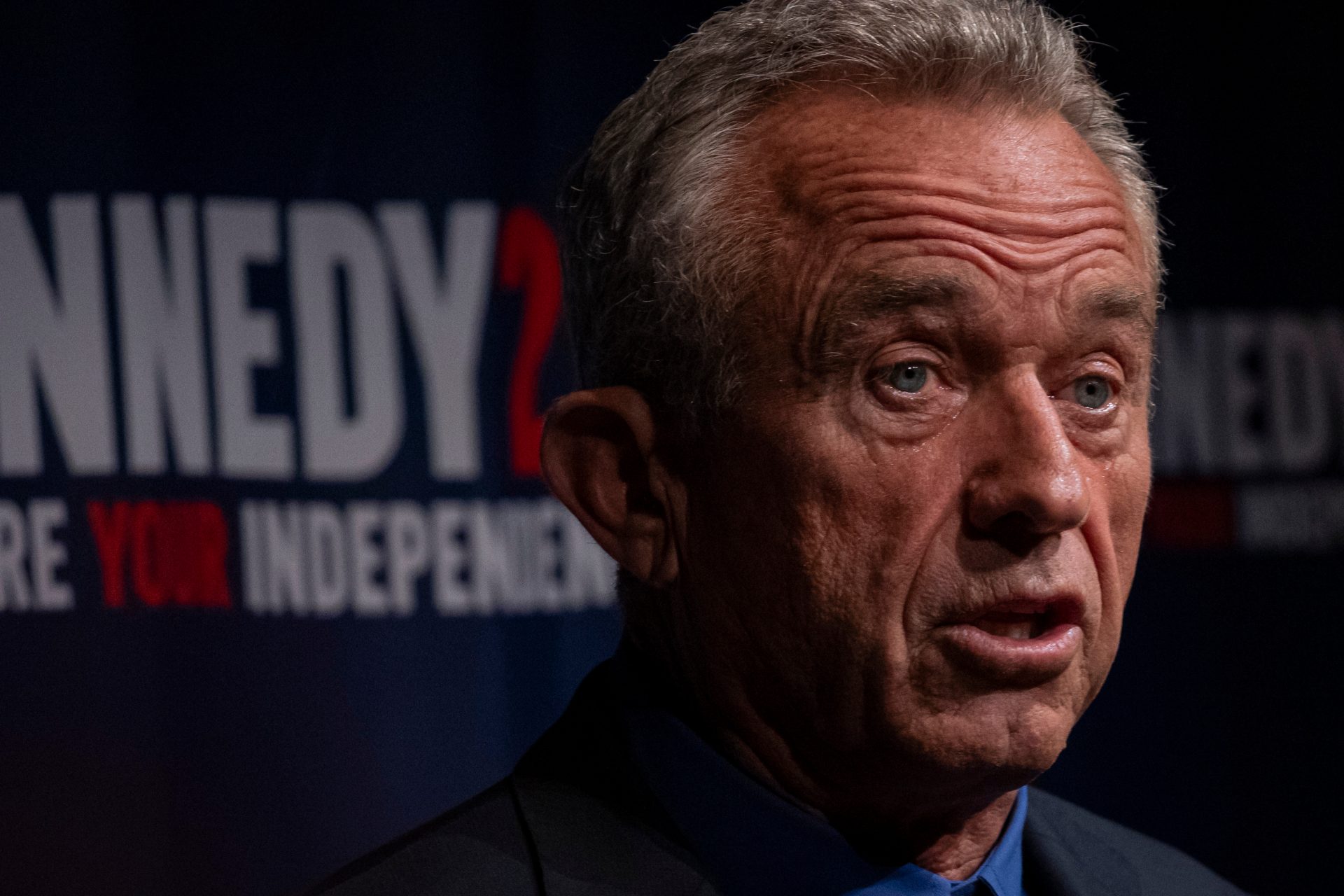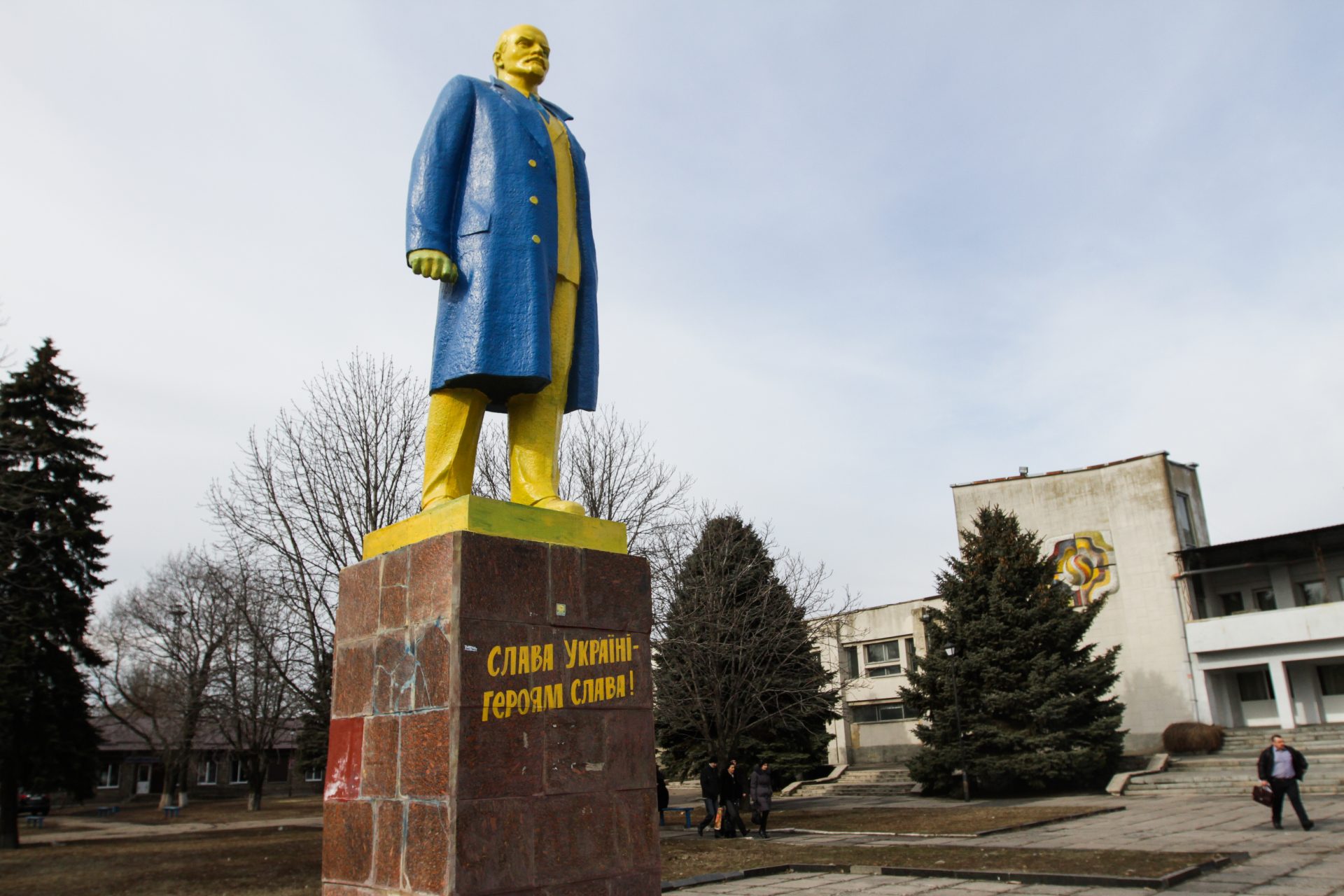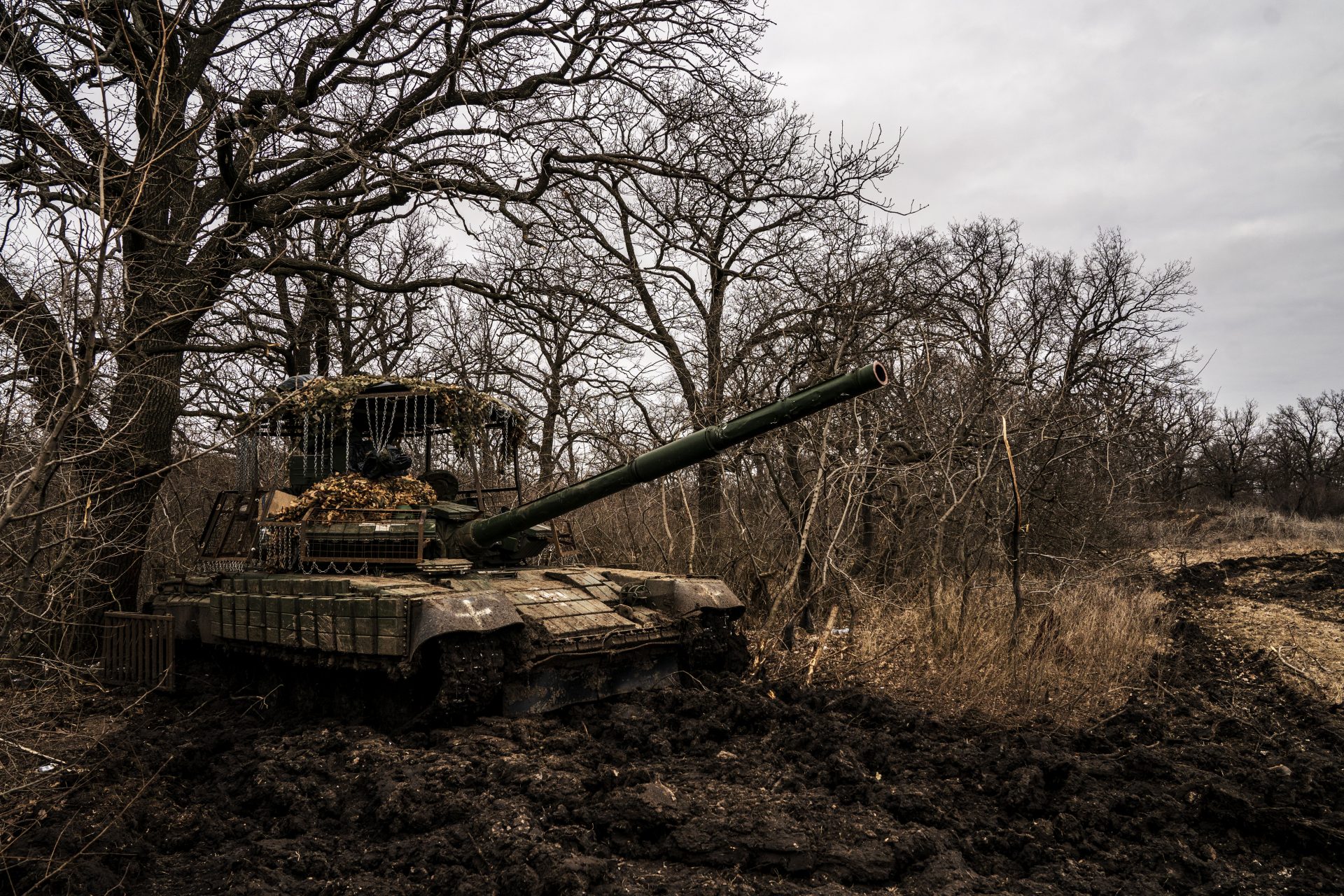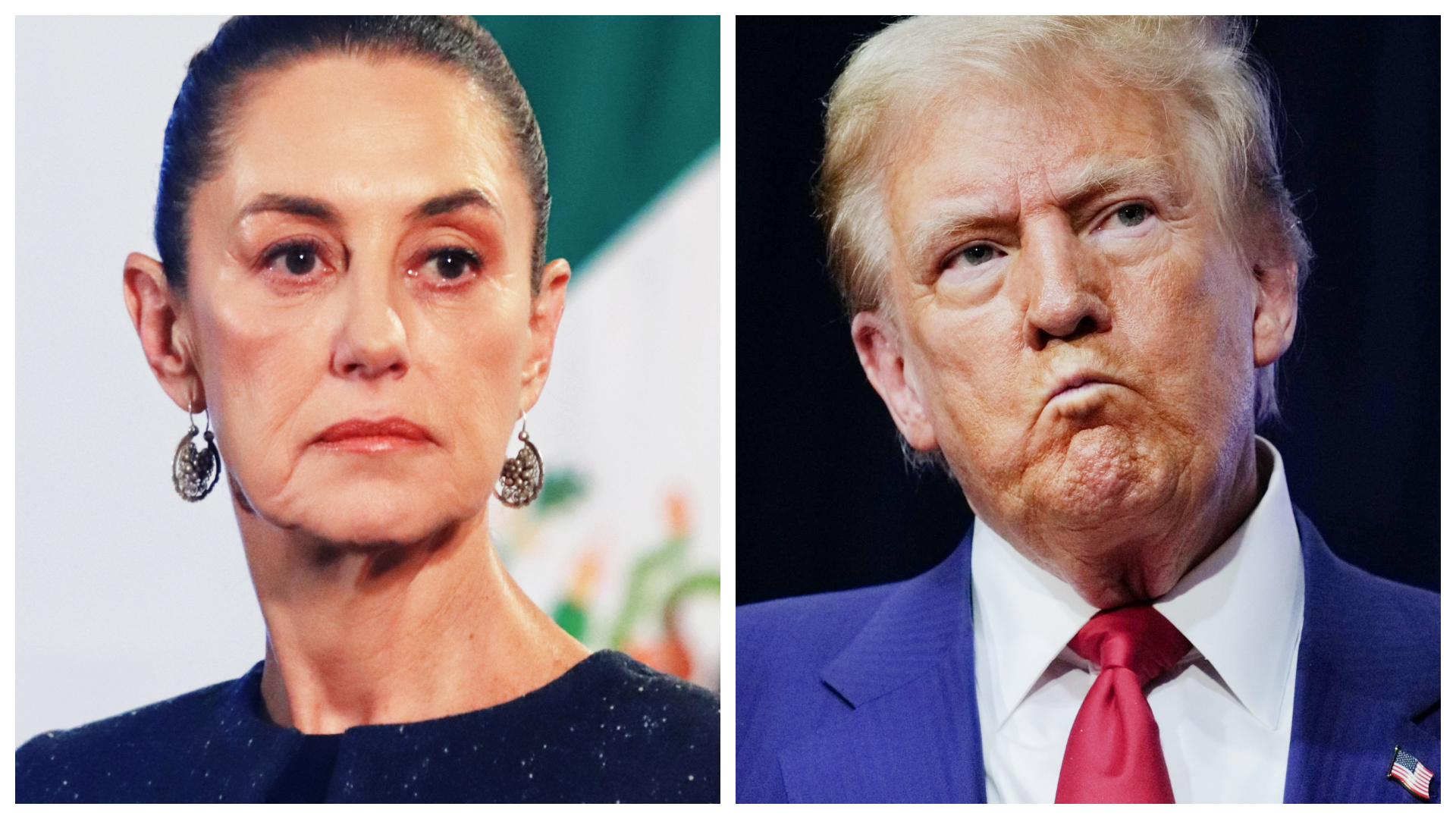Will Ukraine lose the war?
According to the Kyiv Post, the recent Russian offensive in Ukraine’s eastern Donbas region, which began in early June, has captured new territory from Kyiv's forces through extensive air strikes, artillery bombardments, and relentless ground assaults.
Moreover, Ukrainian troops have recently retreated from Chasiv Yar, a strategically important town, whose hilltop position could help Russians to batter the key remaining Ukrainian-controlled cities in the Donetsk region, according to Luke Harding, correspondent for The Guardian.
Ukraine has also pulled back its troops from several villages in the border region of Kharkiv, considered Ukraine’s second city after Kyiv, following continued pressure from Russian forces, the BBC reported.
But besides territory loses, experts have pointed out to other reasons why Ukraine might lose the war: from lack of resources to low morale.
In fact, the former commander of the UK's Joint Forces Command, General Sir Richard Barrons told the BBC in April, he believed there is "a serious risk" of Ukraine losing the war this year.
Another $225 million package is on its way, which includes air defense interceptors, artillery systems and munitions, armored vehicles, anti-tank weapons, and other capabilities, was approved in June 7, according to the US government webpage.
But will it be enough for Ukraine to be able to turn things around? Not according to several analysts who also mention a lack of patriotism among Ukrainians, as one of the reasons that may bring the country to a defeat.
‘Politico’ investigative journalist Jamie Dettmer noted that the early burst of patriotic fervor which saw draft centers swamped with volunteers at the beginning of the war has now evaporated.
In fact, the BBC recently reported that an estimated 650,000 men of fighting age have fled Ukraine in the last two years, most by smuggling themselves across the borders with Poland and Slovakia.
According to former UK commander Barons disillusionment among Ukrainian troops due to Russian advances, might result in feeling like they can’t win. "And when it gets to that point, why will people want to fight and die any longer, just to defend the indefensible?" he told the BBC.
Another thing that analysts have noted is that despite Western sanctions, Russia’s economy has remained resilient. In fact, in April, the International Monetary Fund (IMF) raised its forecast for Russia’s economic growth to 3.2% in 2024.
The IMF’s growth forecast for Russia (3.2%) brings the country in line with the global average and exceeds the forecast growth rates for the US (2.7%), the UK (0.5%), Germany (0.2%) and France (0.7%).
Moscow’s flexibility in restructuring its trading relationships and domestic demand has allowed it to weather the storm, according to analyst Alexander Kolyandr.
“Since 2022, China has steadily replaced the EU as Russia’s primary trading partner and tech supplier. At home, meanwhile, the increase in military spending has given a significant stimulus to the broader economy,” writes Kolyandr for The Spectator.
But besides Russia’s economic resilience, Putin has strengthened his grip on power, as he awarded himself another six-year term as president in March, a win that was massively falsified, according to Independent Russian media.
But as the election fraud is unlikely to bring consequences for Putin, he can afford to wait for victory. And even if Russia can’t finish Ukraine off, a partial victory would still have serious consequences for the world, ‘Politico’ analysts point out.
Putin would claim victory at home, and, emboldened by exposing Western weaknesses, he may try and widen his imperial ambitions. “Lithuania, Latvia and Estonia are especially fearful they are next on his list,” analysts say.
More for you
Top Stories



